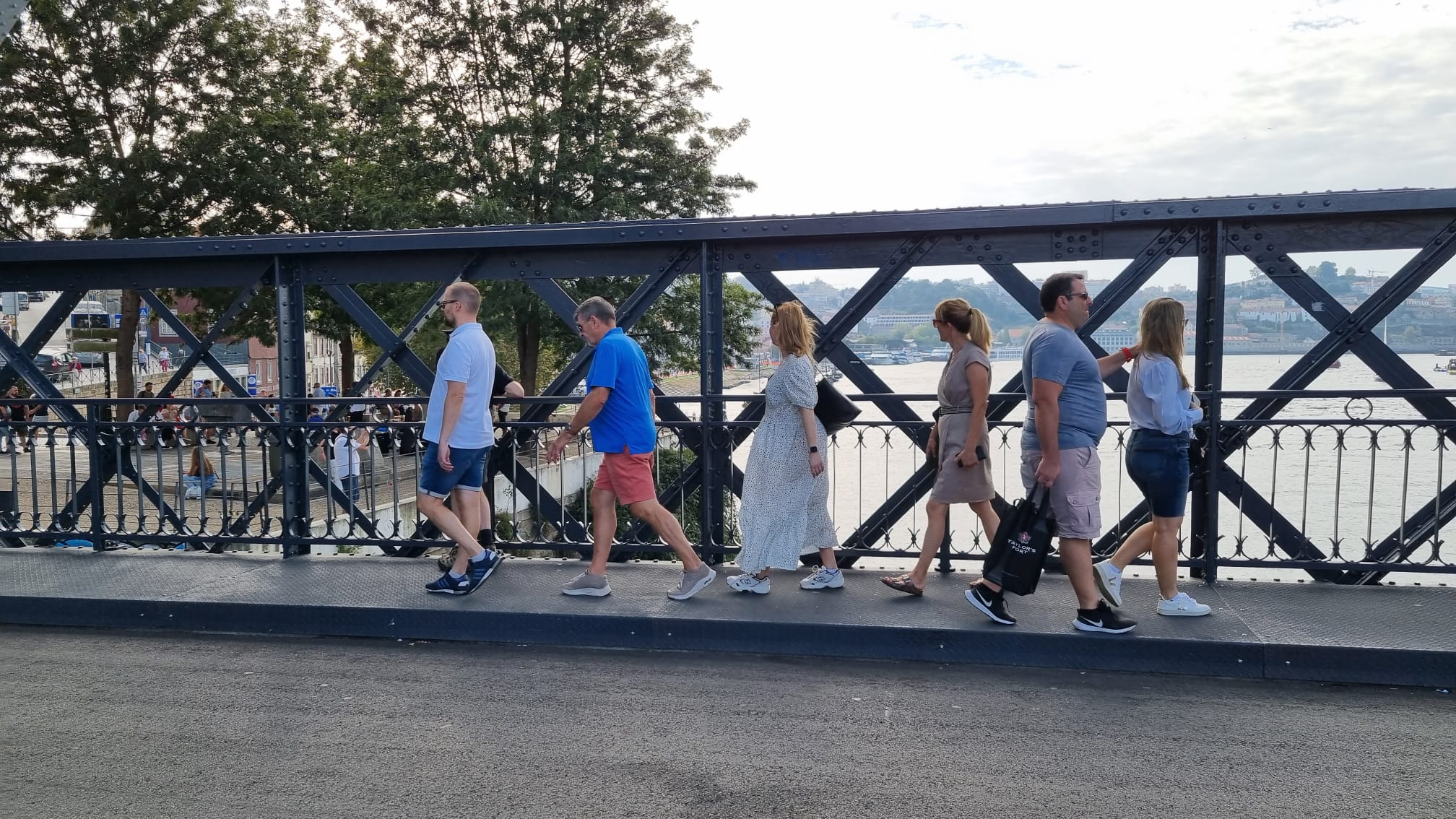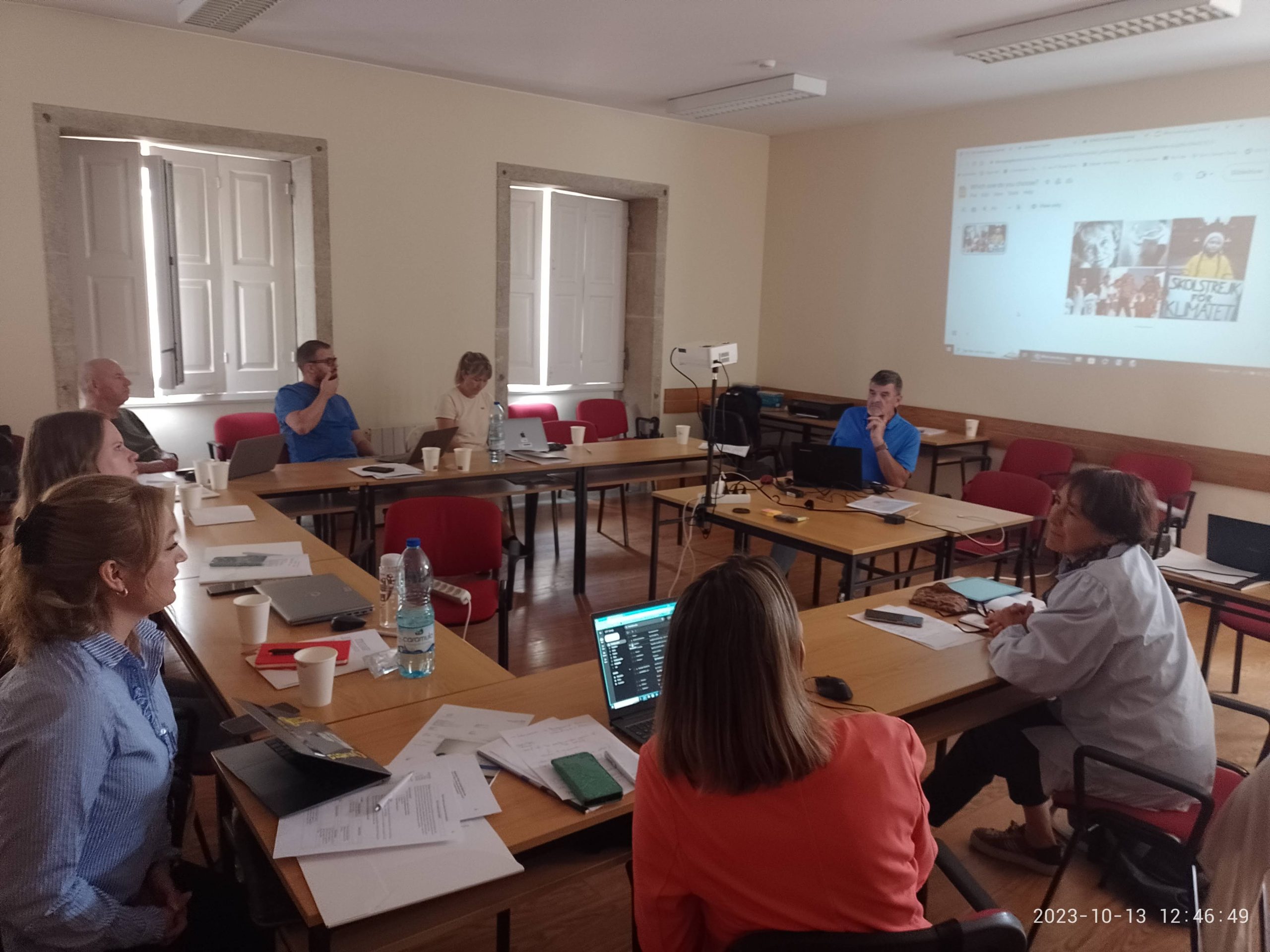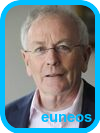






How to make your school more international – a practice-based approach
Empower your school’s international ambitions with a hands-on course designed to embed global perspectives into your institution. This program equips coordinators, school leaders, and internationalization teams with the tools to develop a strategic plan that integrates international projects into the heart of your school’s operations. Gain the expertise to lead impactful international projects that enrich your curriculum and strengthen your school’s global presence.
What You’ll Learn:
This course adapts to the unique needs of each participant, focusing on creating a long-term vision for internationalization. Through practical exercises, participants will draft a comprehensive school policy plan, ensuring international initiatives become a core part of the organization’s identity. You’ll explore the essentials of Erasmus+ project development, from KA1 and KA2 applications to eTwinning and virtual collaborations, all aligned with curriculum goals. Additional topics include:
- Crafting a robust Erasmus Plan
- Securing Erasmus+ accreditation
- Integrating international elements into daily teaching
- Developing intercultural competencies
- Evaluating project quality and impact
Course Highlights:
- Hands-on approach to internationalization strategies
- Step-by-step guidance on successful Erasmus+ projects and accreditation
- Opportunities to collaborate with European and global schools, including the Euneos network
- Partner search for KA1, KA2, and eTwinning activities
- Explore participation in the EUMIND project with schools in India
This dynamic course offers a supportive environment where you’ll collaborate with peers to develop high-quality international initiatives, fostering long-lasting educational exchanges.
Upcoming Courses
Interested in a customized, on-demand version of this course for your group?
Learn more and tailor it to your team’s needs today!
What our clients say?
Tickets
All tickets include:
- Certificate of Active Attendance
- Course materials
Standard price
For standard registrations
Group price
Discounted price for groups of 5 or more
This course explores key topics that schools/organizations need to address to effectively implement and maintain internationalization:
- Develop an Erasmus Plan and create successful accreditation applications
- Explore various formats of international project work and use eTwinning to build partnership
- Understand the role of internationalization coordinators, ensure project quality assurance, and evaluate projects effectively
- Integrate and align the curriculum with an international focus,
- Enhance intercultural competencies
This course offers practical benefits for those interested or involved in internationalization, including, but not limited to, coordinators of international projects, school management, teachers, special education teachers, and other non-teaching professionals from NGOs, governmental bodies, and various stakeholders. Tailored to the specific needs of its participant, it provides valuable tools and insights for individuals engaged in school education, adult education, or vocational education and training (VET)
Main organiser / trainers

Jan is a freelance internationalization advisor with extensive experience in coordinating educational projects. Previously, he served as the international coordinator at Jac. P. Thijsse College in the Netherlands. He is also an international coordinator and a member of the international jury for Eumind. At his school, he initiated and coordinated Comenius and Erasmus+ projects. Additionally, he was an eTwinning ambassador and won the national eTwinning prize in 2014.

Frans has a rich background in educational leadership and international activities. Previously, he was the principal of Udens College in the Netherlands, a school known for its active engagement in international initiatives. He also served as the president of the International Committee of the Association of School Leaders for Secondary Education in the Netherlands. Additionally, he was a member of the General Board of the European School Heads Association (ESHA) and acted as an advisor to Nuffic, the National Agency in the Netherlands, supporting schools in developing robust internationalization policies, now known as the Global Citizen Network.

Spasia Neshkoska Tsutsuleska, MAEd
Spasia is an experienced international project coordinator with a background in educational initiatives and international collaborations. Currently, she delivers training sessions, manages course administration, and oversees project management at Euneos. As a trainer, she specializes in internationalization, intercultural competencies, integration of refugees and migrants and vocational and adult education in Finland, and teaching English to VET teachers. She is also a member of the international jury for Eumind projects. Previously, she served as a coordinator of internationalization, an external expert evaluator for Erasmus+ projects, an eTwinning ambassador, and was the principal of a vocational school in North Macedonia. Her Master studies are in Education and Globalization at the University of Oulu, Finland.
This is a provisional program.
Day 1, Sunday
18:00 Start of the course
- Welcome and official opening
- Introduction course programme
- Getting to know each other
- Expectations: what do you want to learn?
20:00 Welcome dinner
Day 2, Monday
09:00 Program overview and introduction.
09:15 Developing a school policy plan on internationalization.
10:00 Defining internationalization and creating personalized definitions.
11:00 Coffee break.
11:30 Setting objectives and SWOT analysis for internationalization.
12:15 Explanation of the school policy plan format.
13:00 Lunch.
14:00 Becoming an effective coordinator of internationalization.
15:00 Group work: brainstorming KA1/KA2 project designs and drafting school policy plans.
16:15 Reflection.
Day 3, Tuesday
09:00 Program overview.
09:15 Introduction to Erasmus+ 2023–2027, including applications for KA1/KA2 grants.
10:15 Successful application strategies and assessment criteria.
11:00 Coffee break.
11:30 Formats of international project work: virtual projects and exchanges.
12:30 Introduction to eTwinning.
13:00 Lunch.
14:00 School presentations.
14:30 Group work: developing project ideas and writing applications.
16:15 Reflection.
Day 4, Wednesday
09:00 Program overview.
09:15 Intercultural communication skills.
10:15 The GLOBI intercultural navigator game.
11:00 Coffee break.
11:30 Sharing results from the game.
12:00 School presentations and intellectual outputs.
13:00 Lunch.
14:15 Cultural trip with practical exercises (ends at 21:00).
Day 5, Thursday
09:00 Program overview.
09:15 Developing the European and international dimension in the curriculum.
10:00 Introducing CFEC and Global Citizen Competences. Assignments on integration into curricula.
11:00 Coffee break.
11:30 Global projects and EUMIND project introduction.
12:00 Group work on quality criteria and video usage in projects.
13:00 Lunch.
14:00 Organizing video conferences in international projects and sharing best practices.
14:30 Group work: creating intellectual outputs.
16:15 Reflection.
Day 6, Friday
09:00 Program overview.
09:15 Evaluation of international projects and designing evaluation plans.
11:00 Coffee break.
11:30 Intercultural communication: role models, national values, and identity reflections.
13:00 Lunch.
14:00 Discussion on the teaching profession in Europe.
15:00 Group work: creating intellectual outputs.
16:15 Reflection.
Day 7, Saturday
09:00 Program overview.
09:15 Presentation of intellectual outputs (3-sentence pitch).
09:40 Reflection on personal learning experiences and course evaluation.
10:10 Distribution of certificates and networking.
11:00 Coffee break.
11:30 Farewell.
